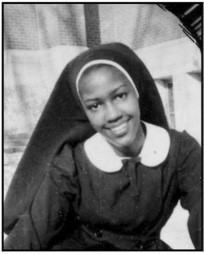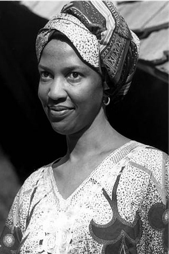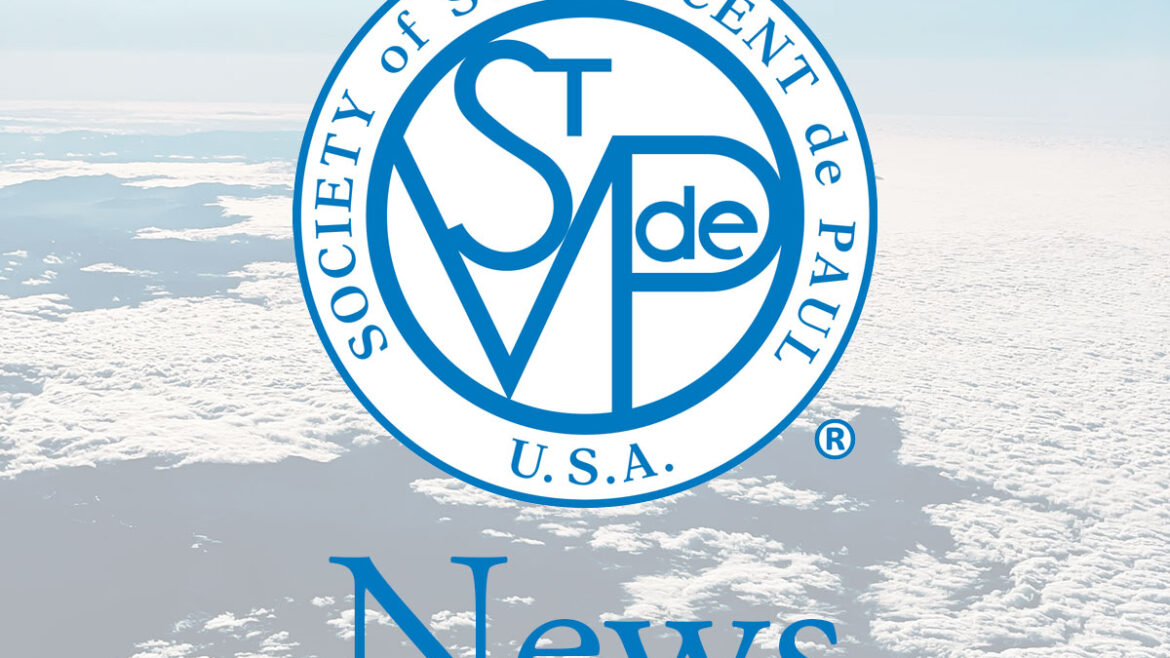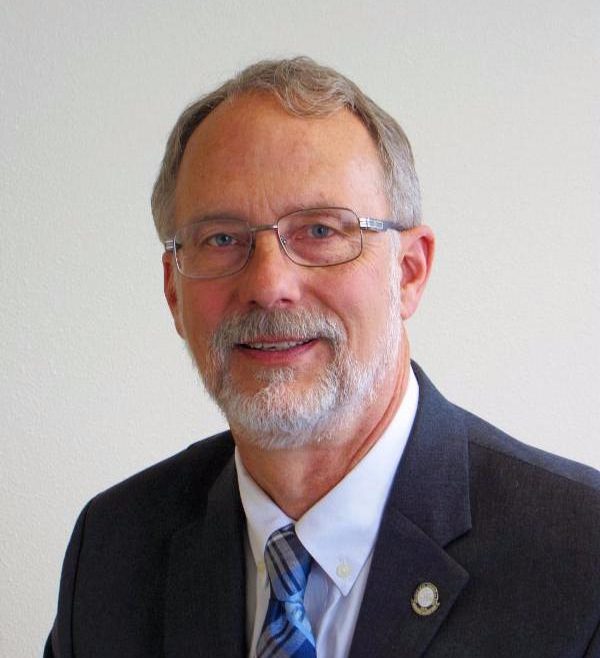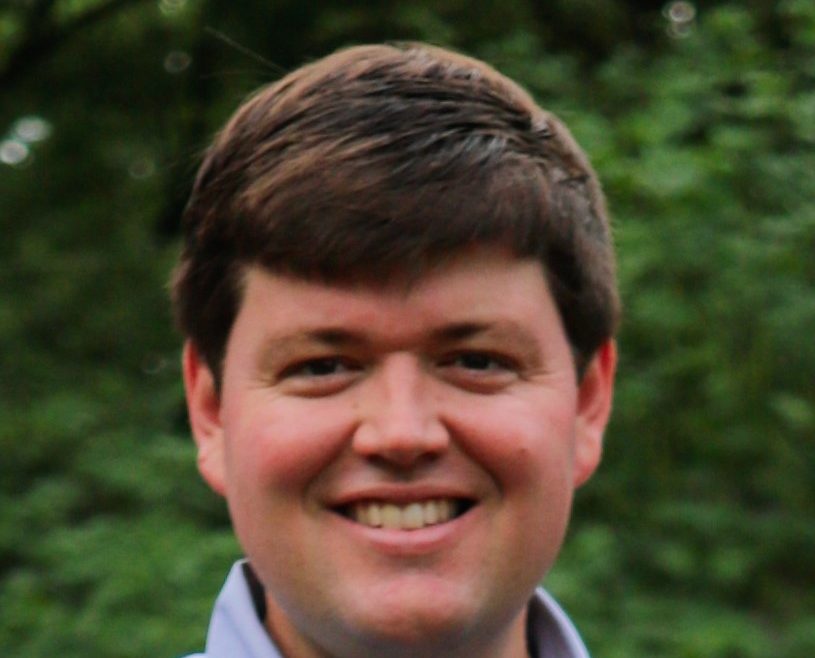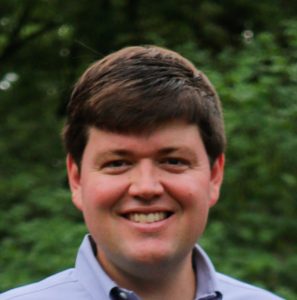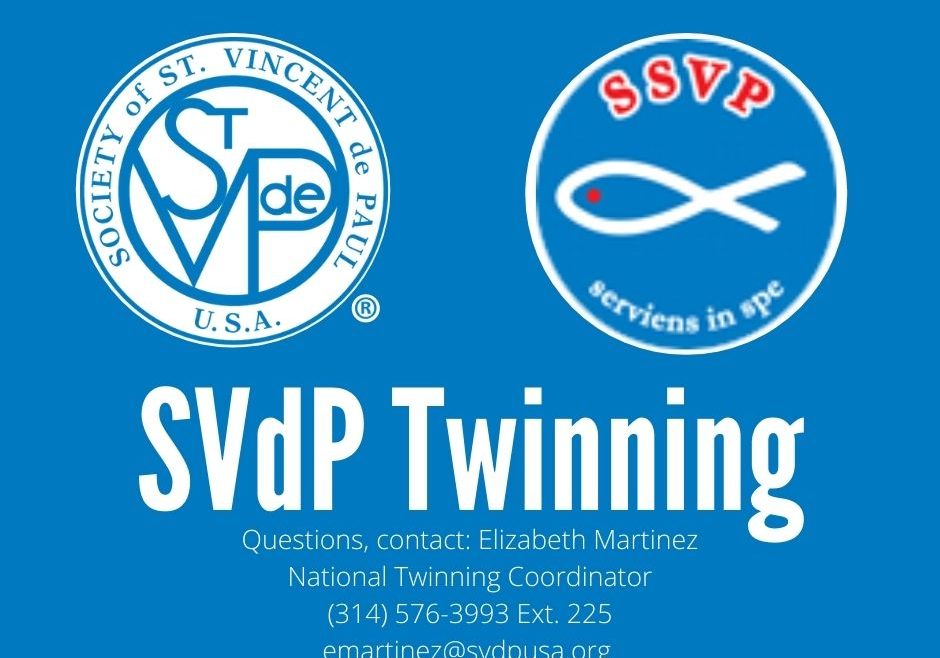Throughout Black History Month, the Society of St. Vincent de Paul’s African American Task Force wants to stress the importance of Vincentians coming together and sharing our faith. In the second of a two-part series, National Director of Formation Tim Williams shares with us the experiences some of the Spiritual Twinning participants from Holy Name Conference in Minneapolis and Immaculate Conception-St Cecilia in Baltimore.
Missed Part 1? You can find it here.
In the Words of the Participants
Vera Moukam
Immaculate Conception-St. Cecilia Conference
My appreciation for our SVDP Spiritual Twinning retreat is based on my experience from the two sessions I attended. The very first one on race dynamics with respect to the George Floyd sad incident was deep, emotional but yet graceful. I learned about my own biases, struggles based on my experiences with race and prejudice. Most of all I had the opportunity to learn from others.
The second session was for me a fulfilling spiritual retreat that gave me an opportunity to examine where I am in my faith journey with serving the Lord in the poor and what I should do to be like Christ to others. Not yet there and thus the need for such spiritual exercises to awaken my lukewarm attitude.
Patti Klucas, Spiritual Advisor
Holy Name Conference
I was very impressed by the twinning experience. It made me feel connected to other Vincentians in a way that I hadn’t experienced. It was personal and caring. Oftentimes I feel overwhelmed and alone in our work, even as the spiritual advisor I find myself floundering in a feeling of lack of support from those who don’t really understand and lost in a way to express that spiritual strength that comes from community. This gave me a connection with what I thought might be a totally different group and made me realize that we all are floundering in our abilities to serve and to grow. It has been amazing to hear that we all have the same struggles. I looked forward to every meeting. We have decided to continue meeting quarterly. We don’t want to lose contact with that feeling that we are all community. The whole experience was well worth it and now I know I have friends in the East!
Marie Wicks
Immaculate Conception-St. Cecilia Conference
What a blessing the Spiritual Twinning Retreat has been for our Conference, Immaculate Conception-St. Cecilia-Baltimore. In preparation for this retreat, we met several times, via conference call and Zoom, to discuss our thoughts on racial injustice and our role in serving people in need. As conference in Baltimore City, where Freddie Gray was killed, we wanted to be sure that our feelings about being black in America did not interfere with getting to know this white Conference, Holy Name, serving in the neighborhood of George Floyd. Our Conference was ready.
Well, it worked, thanks to our moderator, Tim Williams, National Director of Formation. (The conversation was different from what we expected, no racial tension at all.) Using lessons and quotes from the Society of St. Vincent de Paul’s founders, the Rule, and Fratelli Tutti, he encouraged us to look inward first, examine our feelings, describe how we serve, and think about how we want to serve. Both conferences found themselves discussing their inner feelings related to faith and serving. Immaculate Conception-St. Cecilia Conference members left each session feeling grateful that we had discussed our thoughts and expressed all our hurt to each other before-hand because that enabled us to listen with our hearts. We weren’t disappointed in the topics because through them emotional and spiritual connections were revealed that opened the door for developing a friendship with Holy Name Conference. Our preparation enabled us to be present in the moment to truly listen and respond to one another from a God space.
Of course, there were moments to express personal thoughts, too. Those moments were different and shed light on how we react to events in our lives as parents, siblings, and friends. We heard the knowledge, compassion, and grace that sprang from those events and believe they influence our service as Vincentians greatly. In those discussions, we found so many similarities, which we will treasure.
Finally, we all agreed that what makes us stronger as Vincentians are our combined experiences in our faith walk and ministry of service. As we celebrate those conversations, we look forward to more interactions. Who knows where God will lead us in our growth as Vincentians, together or apart! Wherever it is, we will be ready to join the conversation with open minds and hearts.
Judy Aubert
Holy Name Conference
It was a privilege to participate in two twinning retreats with the SVdP conference from Baltimore. By answering questions presented by Tim Williams in regard to how we felt about different topics, we were able to get an idea of how we are alike and how we can learn from each other. It is obvious that the Baltimore Vincentians care about each other and they were very supportive of us and our feelings. I am looking forward to spending more time with them in the future.
Joan Scott, President
Immaculate Conception-St. Cecilia Conference
When our Conference, Immaculate Conception and St. Cecilia Catholic Churches, was asked about twinning with the SVdP Conference in Minneapolis, we were so thrilled. We thought, “What a wonderful opportunity to speak with some of the people in Minneapolis who would have firsthand knowledge about the events surrounding George Floyd.” After conversing back and forth with some of the key players, we learned that the meetings, at first, would be along the lines of a spiritual retreat. We always welcome the opportunity to sit back and focus on our Lord, so we agreed to begin the process. Our first meeting, via Zoom, was mostly an introduction and a sharing of ideas on diversity and inclusiveness. We shared ideas and agreed to meet again. We have met several times and both conferences agreed that we would continue the Twinning experience. We decided that it would be beneficial to share ideas about fundraising, recruiting new members, home visits during this pandemic, and other activities.
Jim Sharpsteen
Holy Name Conference
I’ve been very pleased with the opportunity for Twinning with the conference in Baltimore and to see and hear their vision of Vincentian Spirituality in their own lives. Each of the Twinning Retreats have helped me to get to know the Vincentians in Baltimore, and have helped me to gain new insights into how the Vincentian experience deepens our spiritual lives through our conferences’ missions, and helps us to grow closer to CHRIST and to each other in the Holy Spirit.
Learn More About the African American Task Force
The African American Task Force seeks to promote the thriving of servant leaders in the Society as well as to embody an inclusive love and openness to all members in the spirit of the Gospel and Catholic social ethics.
- Chairperson & Midwest Region: Allison Pittman
- Eastern Region: Marie Wicks
- Mideast Region: Tamara Thrasher
- North Central Region: Wayne Bugg
- Northeast Region: Sheila Pender
- South Central Region: Madeline Morrison
- Southeast Region: Carrie Robinson-Johnson
- Western Region: Wallita Sykes-Bush



